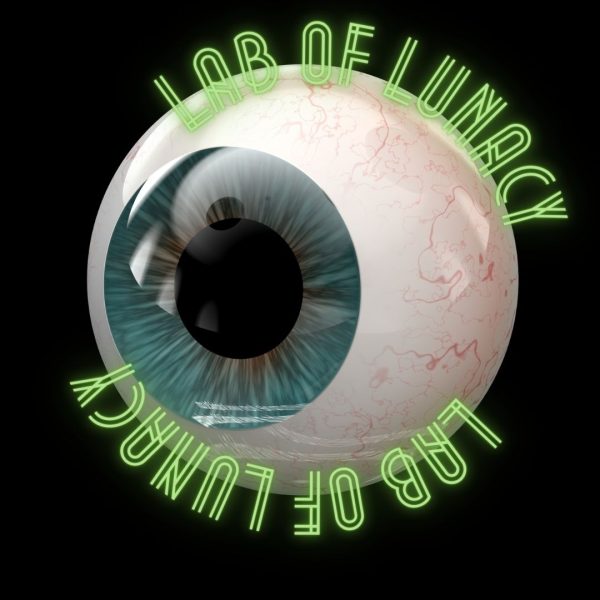True crime media teaches crucial lessons
After the true crime podcast “Serial” came out in 2014, many on the Internet began to obsess over the intriguing stories of serial killers and what leads them to commit crimes. Now that over 2.4 million podcasts are accessible at the touch of a button, some wonder if true crime media is counterproductive through escalating the risk of unnecessary pain and paranoia. However, true crime’s connection to real experience teaches beneficial life lessons.
Absorbing true crime can allow audiences to know what to look out for and steer clear of in social situations. Everyone should stay informed about what goes on around them in order to protect themselves and others, and learning about true crime can be helpful to avoid the dangers of becoming a victim.
“There are these dangers out there, so [audiences] can be on guard against that and be aware,” said psychology instructor Stephanie Winnard. “From psychology we know that […] when there are certain environmental factors present, anybody could be a victim.”
True crime fans can also use these stories as a therapeutic tool to overcome traumas. Many trauma victims can seek refuge and find validation in the publication of similar stories.
Unfortunately, cases shared on the Internet are often traumatic and violent, and when true crime content is produced for profit, it runs the risk of romanticizing unthinkable amounts of evil and desensitizing audiences. For victims’ families, showcasing traumatic events can also bring back unwanted and uncomfortable memories, like in the case of 25 year old Robert Mast.
However, for families who want greater publicity for loved ones’ cases, true crime media can be instrumental in spreading their stories. With a wider audience, cases receive more coverage, and families have a better shot at getting information and fighting for justice.
For example, social media was a valuable aid in solving the 2021 case of Gaby Petito. Podcasts like the Red Justice Project also help to bring awareness to injustice in regards to many indigenous victims in North America.
“If it’s an unsolved case, that’s just so hard on the families,” said Winnard. “If [the media] helps to solve a case, […] that’s going to be so beneficial to give closure to these families.”
Although true crime media faces criticism, it benefits audiences and families of victims when executed properly. For audiences to enjoy true crime to the fullest extent while learning from its content, it is necessary to stay mindful of both positive and negative psychological consequences. True crime ultimately teaches various lessons regarding human behavior, and when produced and consumed responsibly, can inspire new interests and spread awareness about the dangers of the real world.
Your donation will support the student journalists of Calabasas High School. Your contribution will allow us to purchase equipment and cover our annual website hosting costs.

Hi! My name is Sedona Kaye, and I’m the Perspectives Editor this year. I learned so much as a staff writer last year and can’t wait to learn more....











